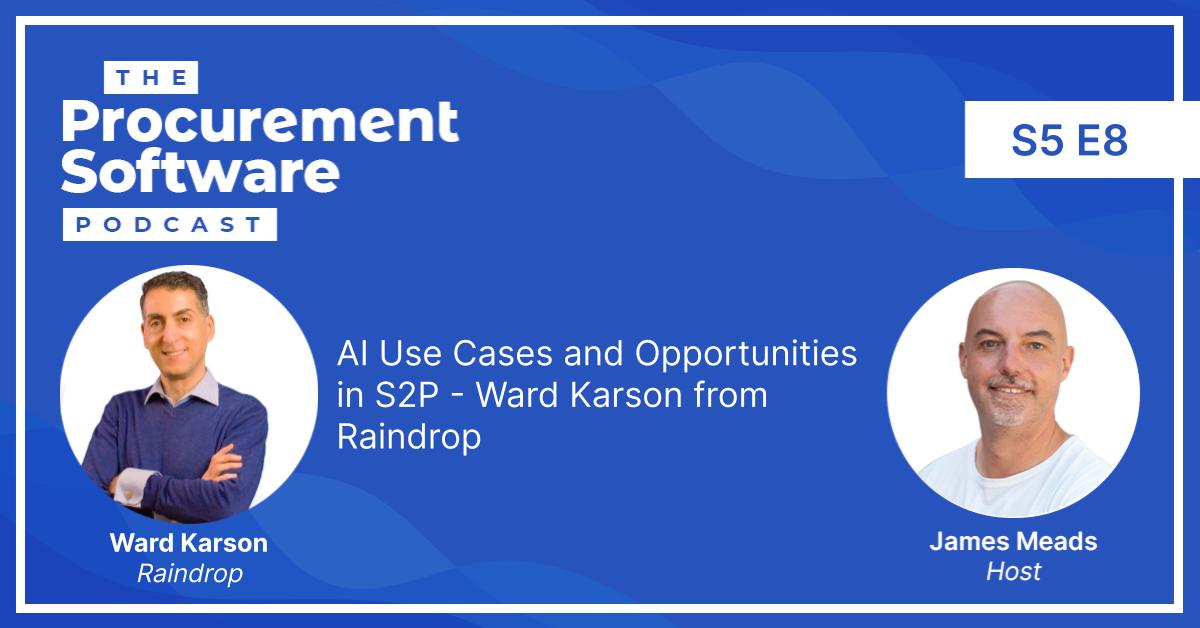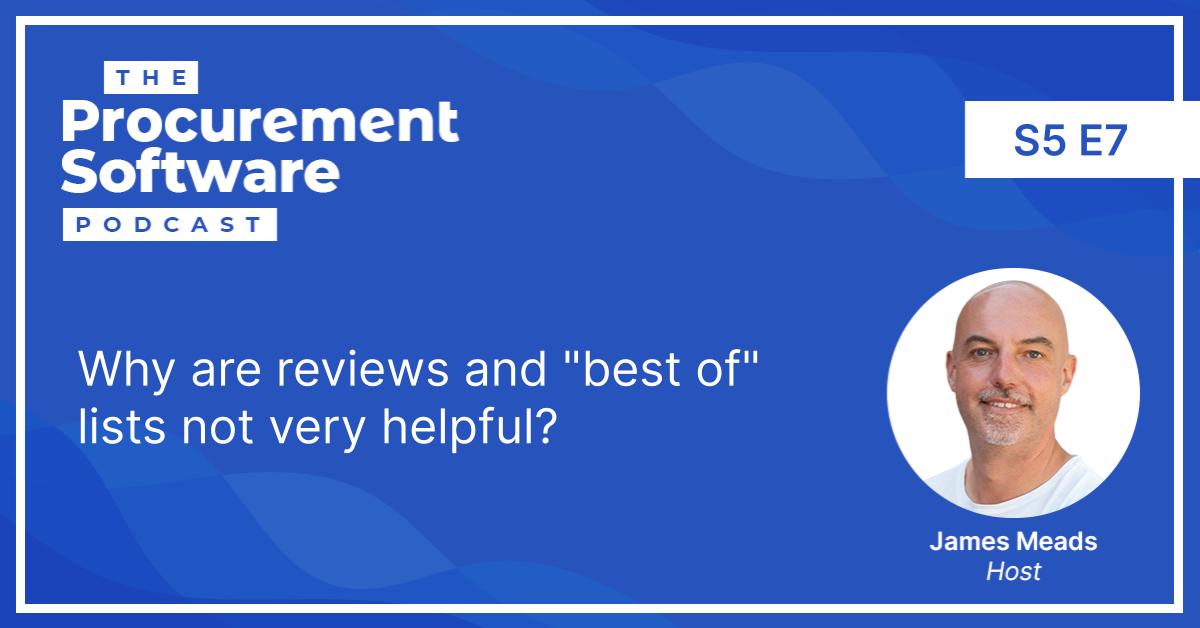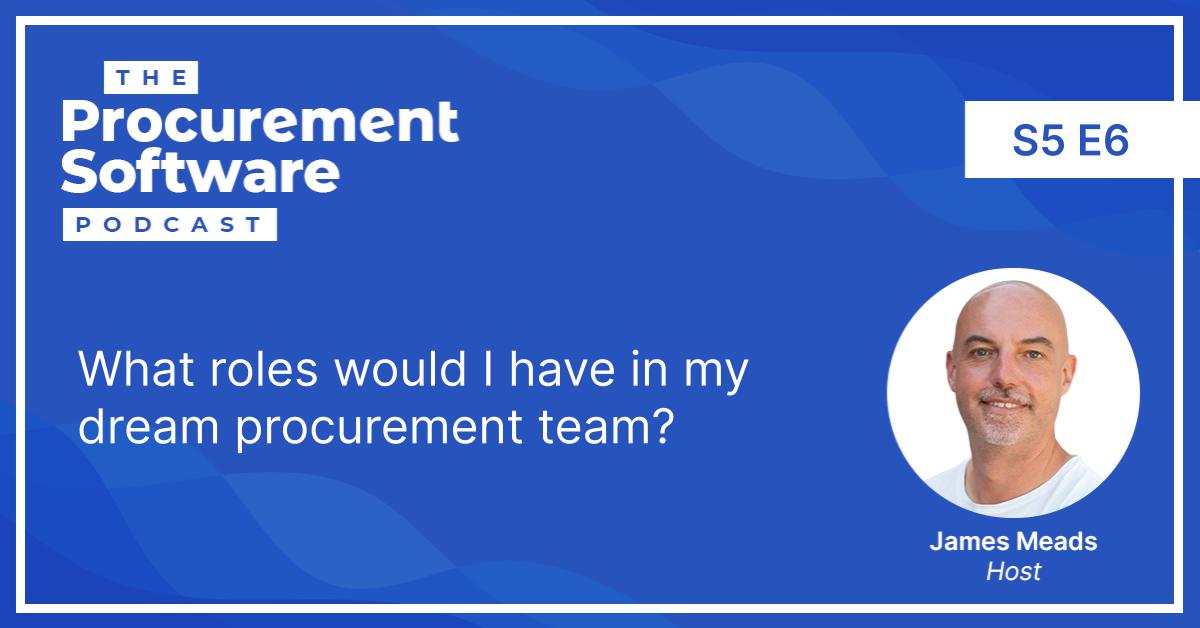The relationship between Procurement and Legal can often be somewhat strained. Procurement’s hands are tied because they have to seek legal support. Legal typically is under-resourced to serve the growing needs of procurement teams, especially when Sales often gets priority in the internal legal support pecking order.
My guest today is Giles Thompson, Chief Growth Officer of London-based contract process automation tool Avvoka. We discuss how both teams can work smarter with the right tech to improve relationships, free up time and ditch the repetitive tasks.
Improving Procurement and Legal team relationships and workflows thanks to automated and smart processes
Giles is a lawyer by trade and educational background, and so is great to approach this discussion from someone on the “other side of the fence” so to speak.
He tells the story of how in his short time dealing with procurement professionals, he often found himself offering the same advice and amending the exact same clauses each time he was asked to get involved in a contract negotiation process.
Avvoka as a solution essentially helps to simplify and automate this process by enabling the buyer (or the seller for that matter) to generate a contract template by answering questions as part of a guided process to determine the risk and thus the level of complexity required in numerous different contract scenarios.
Why is Legal such a bottleneck in large enterprises?
Legal is being asked to weigh in on more and more different processes and requirements, but the headcount is not being increased to the necessary level to cope with this.
Procurement, likewise, is being expected to do more with less, and as such this creates the classic bottleneck and frustration that goes with it.
Whereas in reality, the vast majority of contracts don’t need to go to Legal for the green light or for very straightforward, commercially driven amendments. Having the ability to use a self-service portal that generates or inserts the necessary contract clauses depending on the specific requirements can save time, money and unnecessary frustration.
The power of aggregated data
Giles makes a great point that through having a platform that tracks and documents each time a counterparty redlines something in a standard contract or requests changes, this is stored in a central database.
If it’s costing time and money to renegotiate a particularly troublesome clause every single contract negotiation, then perhaps there’s a valid argument to just swallow this as something that most vendors just won’t accept, and move on with a more realistic contract template that’s likely to be adopted.
How many times have we clashed heads with different suppliers over the exact same standard contract clause, every single time?! Over time, the template then becomes more workable and less likely to cause conflict during negotiations.
How to simplify and self-serve legal advice to buyers
Often a procurement professional will not feel comfortable negotiating certain (more legal-specific) clauses in a contract. Especially if they don’t have a formal procurement or contracting background and have not been trained in commercial contract management.
Giles gives examples of how a tool like Avvoka can enable self-serve advice directly in the platform. He gives the example of liability clauses, and how embedded videos from in-house Legal, along with various different templates, can offer a “grocery store” environment to pick the best clause according to perceived level of risk and buyer vs. supplier power balance within the negotiation.
The classic “work smarter, not harder” opportunity.
Dealing with supplier generated (third party paper) contracts
Avvoka is geared up to work on native contract formats but can also work with third party contracts. Controlling the platform that the contract is being negotiated on can often be a small win, especially if you’re forced due to relative supplier power over you as the buyer to work on third party paper.
The collaboration and negotiation function within the platform can speed up and make more transparent the whole process, regardless of the contract format that’s being used.
Contract negotiations without a single email being sent?
I ask Giles to walk through a the process of negotiating a fairly standard contract versus a relatively complex IT or professional services contract.
His answer is surprising in that the workflow and steps are pretty similar. It’s possible in all cases to complete the end-to-end process in Avvoka and without the need to send emails to and from the supplier.
The final part, which is obviously the approval and signature, can be seamlessly integrated into best-in-class, popular SaaS products such as DocuSign, Adobe Sign and other similar solutions.
But then how many companies are actually mature enough to utilise a tool like Avvoka to its full potential?
There will always be the case that the more mature the organisation in terms of both legal and procurement maturity, the better the solution will work. Nonetheless, there are still advantages to be gained through automation and guided contracting.
The key is having the right contract templates authored, and having buyers who are smart enough to understand which ones should be taken in which scenarios.
A very immature or decentralised procurement team, working with a very skeleton legal department or even external counsels, is going to struggle a lot more than a company that’s had a corporate procurement and in-house legal team in situ for a while.
Tracking changes: how and where?
Any changes made to a contract can be done completely within the Avvoka platform.
There is a single source of truth whereby the system will automatically track who has changed what, with a complete control of versions being used. The risk of loss of integrity between switching around different versions of a saved Word document is eliminated through using this, or any other central, cloud-based platform.
Who would Avvoka be suited to?
In theory, it can be used by smaller and medium-sized businesses who would still quickly see a payback. Pricing is based per user and have different scales of packages depending on features and complexity.
There’s almost the argument to say the ROI is easier to calculate in organisations that don’t have in-house legal teams, because the cost of engaging an external counsel can be reconciled against invoices submitted.
Whereas on the other hand, the savings gained in large enterprises that have an in-house legal department are likely going to be more on the time, performance and efficiency side vs. hard P&L visible benefits.


